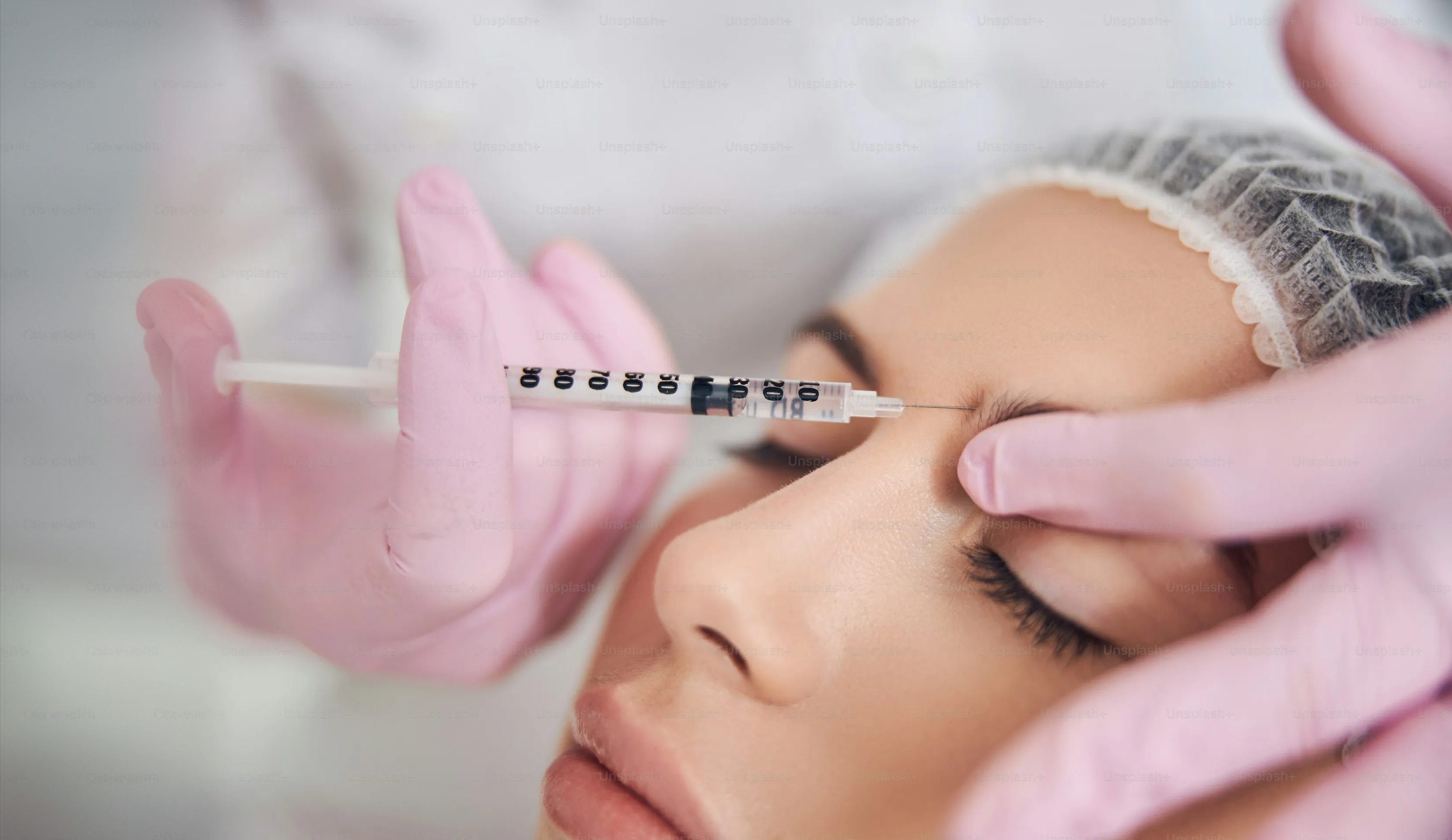Psoriasis
Soothe Chronic Inflammation and Restore Skin Confidence

What is Psoriasis?
Psoriasis is a chronic autoimmune skin condition that causes the rapid buildup of skin cells, leading to scaling, redness, inflammation, and itchiness. The most common form is plaque psoriasis, which presents as thick, silvery-white scales over red patches. Psoriasis can affect the scalp, elbows, knees, back, nails, and even joints in some cases. It is not contagious, but it requires consistent long-term management.

Treatment Options
Treatment Options for Acne

Laser Treatment
Advanced laser therapy for precise skin treatment and rejuvenation with minimal downtime and maximum results.

Chemical Peels
Professional chemical peel treatments to exfoliate and revitalize your skin for a fresh, youthful appearance.

Topical Medications
Prescription-grade topical solutions customized for your specific skin condition and treatment needs.

Who is Affected?
Psoriasis can affect individuals of any age, but it is most commonly diagnosed between the ages of 15 and 35. It affects men and women equally and is more likely in people with a family history of autoimmune or skin disorders.
Treatment Journey
01
Dermatological Assessment
Diagnosis based on clinical features and, if needed, a skin biopsy.
02
Customized Treatment Planning
Treatment is tailored to the severity, location, and patient’s health profile.
03
Active Treatment Phase
Use of topicals, systemics, biologics, or phototherapy to control symptoms.
04
Long-Term Management
Maintenance therapy and lifestyle modifications to reduce flare-ups.

Expected Results
Visible reduction in scaling and redness with consistent treatment.
Improved skin appearance, comfort, and confidence.
Fewer flare-ups with long-term adherence and dermatologist guidance.
Got Questions?We've Got Answers
Everything you need to know about donating, eligibility, and how The Blood App works. Can't find the answer you're looking for? Chat with our support team — we're here to help.
No, psoriasis is not contagious and cannot be passed through touch or contact.
There is no permanent cure, but long-term remission and symptom control are possible with appropriate treatment.
Yes, stress is a common trigger and managing stress is an important part of psoriasis care.
While diet isn’t a direct cause, anti-inflammatory foods may help reduce flares in some individuals.
Yes, about 30% of psoriasis patients may develop psoriatic arthritis, which causes joint stiffness and swelling.

Start Your Personalized Skincare Plan
At ClairéDerma, we believe that healthy, radiant skinis the foundation of confidence and well-being. Ledby Dr. Mohna Chauhan, our clinic offers personalized dermatological care tailored to each patient's unique needs. With over a decade ofexperience and more than 3000 successfully treated patients,